Making Big Data User Friendly for Small Business
Are you implementing big data into your small company? It’s likely costing you if you haven’t done so yet.
Big data seems like it is something only large companies and IT pros need to know about and manage. It seems out of reach for the average small business owner. Yet, data can be valuable to any size business in most industries. A common misconception stems from what “data” is. It seems to be just a jumble of numbers that seem to mean nothing, fed into a computer that analyzes them. It’s not uncommon for companies to view data as something for the “other guys” to worry about, but it could be one of the most important changes to your business model you’ll ever make.
Why More Companies Are Focusing on Big Data
It’s important to recognize what your small business needs. You need quality products and services that you can deliver with reliability to your customers. You also need to have good employees who help you to execute your business model. Most often, companies also need to have a plan to grow, change, and prosper.
It used to be easy to scale a business. All you had to do was open a new location to reach more customers. Today, it’s not as simplistic as that. However, it could be if you implemented more data.
When we look at big data and small businesses, there’s a true link that many business owners don’t immediately recognize. By having access to real data – which is actually much more than numbers – it is possible to make better business decisions for your company.
Why can data help your company, though? What does it do? Why invest in it?
These are very good questions because, as a small business owner, the investments you make need to be based on sound advice and guidance. What we know is that it is possible to take information from many sources, organize it in a clear and easy to understand way, and learn from it.
For example, big companies do this with more advanced solutions. They can take data about what customers are buying, new trends in lifestyles, and even data from sensors and determine how to make their company better based on that information. In a small business format, we need a bit of help to make that possible.
There’s Help to Transform Your Business
When you have access to quality data, you can use it to make better decisions for your business. This may include spending less on services or product changes that customers don’t want. It could mean spending more time growing a specific sector of your company. Data plays a big role in these decisions. And, when you work with an analytic firm, they can grab the data that’s vital to your specific business and make it usable.
To do this, they need to make data more user-friendly. That is, they need to take the data that is available out there and turn it into reports that give you insight into your business. They also need to be able to process all the data that’s out there to filter out the information that fits your specific business model. What’s more, the most successful companies are able to help you turn that data into profit by giving you the information you need to compete with the big companies already using and benefiting from data.

Why Consider Executive Group?
What can a peer-to-peer business round table do for your company? At Executive Group, we believe in a whole team approach to solving today’s business challenges. When you have support from your peers, you gain insight, avoid obstacles, and scale faster.
What Makes Us Different?
We aim to provide you with the very best level of insight and guidance designed to help foster your success. However, we do things a bit differently. Instead of providing just a single seat at the table for you, as the business owner or CEO, we welcome you to bring your leadership team with you. That is, by providing you with resources and tools for each member of your company’s leadership, you’ll gain more balance, more insight, and new perspectives. It’s all about providing you with a fresh outlook on how to grow your company.
Are You Committed to Doing Something Truly Great?
It’s a word that’s overused today, but by definition, those who become members of our peer-to-peer group are looking to do just that – they want to do something exceptional, innovative, and great. Whether you are looking for support during a challenging period or aiming for ways to expand during a good phase, this group of professionals has the insight and guidance to help you along the path with less friction and better outcomes.
Executive Group provides you with the support you need to achieve your goals. We do this through a wide range of opportunities for members. Whether it is a business academy workshop for your team or large group learning events, we’re all about giving you and your people the ability to thrive. Our peer-to-peer group forums are an extension of that, capable of providing you with hands-on support and an opportunity to help others, too.
If you’re ready to learn more about the opportunities available to you at Executive Group and gain a fresh experience, we would love for you to be a part of the conversation. It’s time to enhance the way you are building your company and our group sessions are perhaps the best way for you to achieve this goal.
The McLinden Group has contracted with the Executive Group to start and facilitate new peer groups with new members, and is excited about the new opportunities this presents to businesses of all sizes and growth tracks. Please contact Daryl McLinden if you are interested in learning more.
Financial Forecasting for Your Small Business
Financial forecasting: It's a valuable skill for business owners who can master it, yet until you get the hang it can seem like fortune-telling. Here's what you need to know about financial forecasting for small businesses.
How to Create Forecasts
To forecast, small business owners must anticipate future balances, loans, and profits. Previous years' business data can help you uncover trends, lending a backbone of data to those forecasts. For instance, if you know that winter is your slowest season, then you'll anticipate slow sales that hew closely to winter sales from years before. In a peak summer season, you'd expect to see outsize profits. By looking at consumer trends, economic indicators, and other time-sensitive data, you can make an educated guess on consumer behavior, drawing from your business data and current events.
To come up with the figures, establish a sales projection informed by previous sales and current goals. Develop a production schedule to take balances into account. From here, you can extrapolate the cost of goods sold for physical products. Service-oriented businesses can use a fee schedule to estimate the value of services provided, per hour or per project.
Don't forget to calculate all relevant business expenses. You must take dividends, taxes, interest, administrative, and general operating expenses into account. After subtracting expenses from the estimated value of production, you're left with a gross profit estimate - which is what investors want to see on your financial forecast, otherwise known as a pro forma statement.
How Far Out Should You Forecast?
Financial forecasting most frequently looks six months or one year out. Forecasts are revisited as time passes, so if your winter sales are unexpectedly better than anticipated, you would then adjust the numbers.
Investors typically want to see medium term forecasts, generally three to five years. If you're seeking small business financing, you'll need to forecast this far out.
To accompany the pro forma, draw up cash budgets that show monthly cash allowances. Taking the pro forma and cash statements together, you've got a comprehensive financial forecast for your small business.
Scaling Finance with Your Company's Life Cycle
What a company needs during startup is very different from its needs at maturity. Take a look at finance needs over your company's life cycle -- startup, growth, and maturity -- to make wise choices.
Startup
While you don't need a full-time financial hire in startup phase, your company must place the foundations in place: HR-affiliated finance like payroll and taxes, financial reporting, and accounts management.
Companies in a startup phase should also plan for the financial skills necessary to raise capital -- cash flow prediction, financial forecasting, and an ability to work with management to refine the business strategy and translate these tactics into projections.
Growth
During a growth phase, your business needs to refine the startup approach into forecasting methods that are accurate and repeatable. Deeper financial analysis will help your business thrive. To avoid growing pains, you company must get the right person in who can handle all financial reporting and cash management needs. Mistakes here will slow growth.
If you haven't done so yet, this is the time to hire a controller, who can take ownership of the business financials and manage financials associated with IT and HR. By attending to these different duties, the controller will have their finger on the pulse of your company's financial health.
Maturity
Mature companies refine the groundwork laid in the growth stage. In addition to your savvy controller, your organization will want to bring on a CFO to capitalize on opportunities here. Working together, the controller and CFO can refine business processes so your company can not only tackle reporting but make strategic plans. They can look to trends your company will want to capitalize on and find ways to optimize margins for maximum productivity. Depending on the size of your company, it may be a smart idea to bring on financial analysts.
Making smart hires while growing your business is not easy. The right HR talent can help you identify top talent to support your mission, so you bring on the right people at the right time to achieve your vision.

Areas of Business to Outsource & the Benefits of Doing So
As a business owner and entrepreneur, it’s always your job to ensure you are getting the most out of any investment you make for your company. Many owners believe that doing everything “in-house” makes sense and seems to cost less. However, you may find that outsourcing some of the key tasks of running your business can actually be a better option. In fact, not only does it mean that companies will spend less on the tasks, but they also have a professional and expert in each area to count on.
What Areas Should You Outsource?
There’s money and time to be saved when you outsource a few key business functions to pros who can manage them for you. That doesn’t mean you never have to manage them, but it can take a lot of the pressure off of what you are doing. It also allows you to have more time to do tasks that only you can truly handle. Here are some of the most important tasks to outsource.
Your Human Resources
Human resources can sometimes seem like a very personal aspect of your company. In some aspects, you will always play a role in various components of HR. However, when you bring in a trusted team to handle the bulk of work for your business, you’ll notice a few key changes.
- The outsourced HR team can help to manage all compliance aspects of this area, minimizing all risk that you will face lawsuits for unjust claims.
- You’ll also have a team dedicated to managing the ins-and-outs of managing disgruntled employees. They can handle the terminations that have to happen.
- The human resource team also ensures that your employees are given proper training and guidance as they are onboarded, ensuring every investment in a new employee is a valuable one for your business.
Your Accounting
The accounting tasks for any business take time. Hiring someone to do this in-house offers no advantage over outsourcing. However, when you outsource your accounting services, you benefit in several ways:
- You have a licensed professional working your books for you.
- You meet all tax deadlines and accounting compliance requirements.
- You save money – it typically costs less to outsource than to manage a person on your payroll.
Other Areas of Savings Potential
There are a few other areas where business owners can potentially save time and money through outsourcing. This includes:
- Website management, especially if you have an e-commerce-based website where you sell goods or services directly.
- Data mining and contact information gathering for your clients, such as managing insight into scaling or expanding your business.
- Digital marketing aspects of your company, including social media and other forms of online marketing you do.
You don’t have to do these tasks yourself or hire a person to work at your location to do so. When you outsource these key areas, you benefit from lower costs, better ROI, and improved compliance. You run your business more efficiently and give yourself time to grow.

